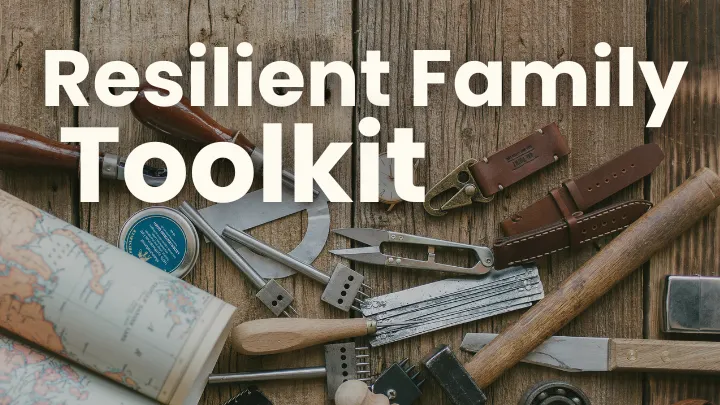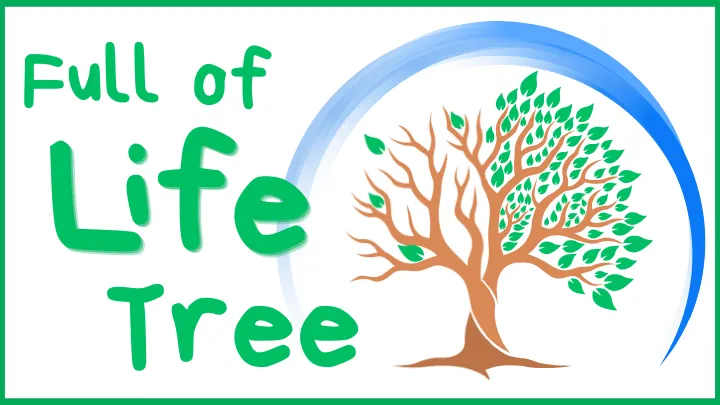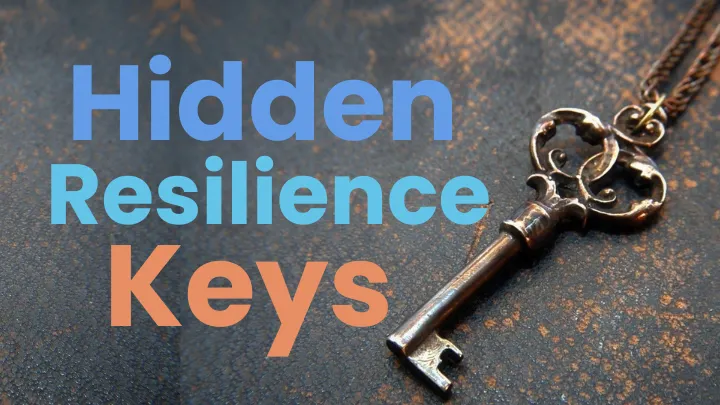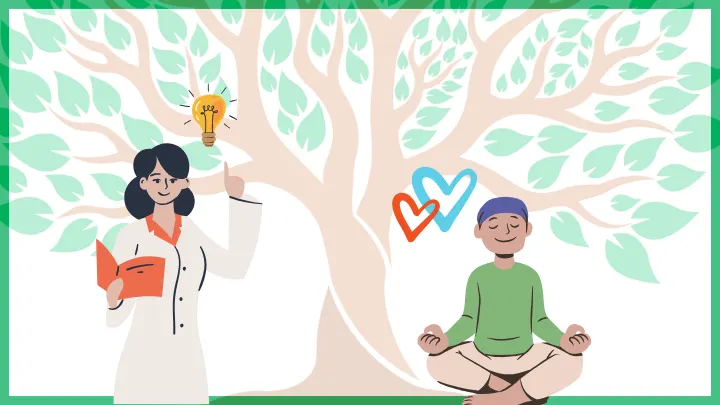Resilience
"We can always bounce back forward"
Resources
Web-based courses so you can learn what you need, when you need it

Resilient Family Toolkit
Every family has to adapt to challenges, but not every family has the skills to work as a team and solve problems. To navigate our challenges successfully, we need to see clearly what stage of adaptation we’re in, find out what tools will help most in that stage, and learn how to skillfully use those tools. Every member of the family can help and grow.

Full of Life Tree
Most of us were taught a few ways to calm down or cheer up, some of us were taught habits that felt uplifting, but very few people were given a chance to explore the many ways humans fill their lives with meaning and joy. Turns out, these are the exact same habits that help with "self-regulation", mental and emotional health.

Hidden Resilience Keys
Reading the research, I was shocked! One of the best ways to build resilience is to have experiences of joy, creativity, and connection? I was always taught to buckle down, work hard, sacrifice, and get through hard things with grim determination. How do we bring genuine positive experiences into difficult circumstances?
Resilient Family Toolkit
"THIS is normal?"
It was so comforting to discover that this confusion and frustration are just the first stage. I appreciate all the specific ideas for how to move forward.

What do I do?
When something difficult or unexpected happens, it can knock us off our feet, but we don't have to stay there. It doesn’t matter whether it’s a diagnosis, an accident, money problems, caretaking, or the house burns down, there's a LOT to deal with, for everyone in the family. This course gives families the skills they need to get through the stages of adaptation, from completely normal confusion and frustration all the way through transformation and building a new life that fits.
Coming Soon!
Still working on this one. Use the Contact page to send an email and we will make sure you are notified when it becomes available.
Full of Life Tree
"I want more from my life."
So many things we do can bring us joy or peace or strength. So many experiences can inspire or uplift or enlighten us. It takes some learning, though, to find the link between what we do, how we do it, and having a rich, full life that is satisfying and meaningful.

Neuroscience or Spirituality?
Both. When psychologists and neuroscientists talk about “habits that promote self-regulation” they suggest activities that sound an awful lot like spiritual practices. When spiritual mentors suggest practices that “nourish the soul” or “bring us closer to God” the results (like peace, equanimity, and contentment) sound a lot like self-regulation. Whether you approach these practices as science-based methods that change the way your brain works, or as ancient spiritual practices that nurture your soul, doesn't really matter. What matters most is: they work!
Hidden Resilience Keys
"I had emotions all wrong."
It isn't easy. I'm exhausted and sad all the time, so "be positive" sounds super rude. Don't you see what's happening here? When I learned that positive emotions are important tools with a very specific role to play in getting through this, I got curious.

The Other Side of Resilience
Resilience isn’t just a question of handling disasters and dealing with fear, pain, anger, etc. Research shows that positive feelings set us up for success by helping us heal and fight disease, helping us connect with supportive and caring people, and helping us solve problems more effectively. In this course we will look at research on happiness, hope, awe, peace, humor, and many other emotions that make us more resilient. We will learn to feel and nurture these emotions, even in the presence of fears and frustrations (without falling into toxic positivity).
Coming Soon!
Still working on this one. Use the Contact page to send an email and we will make sure you are notified when it becomes available.

